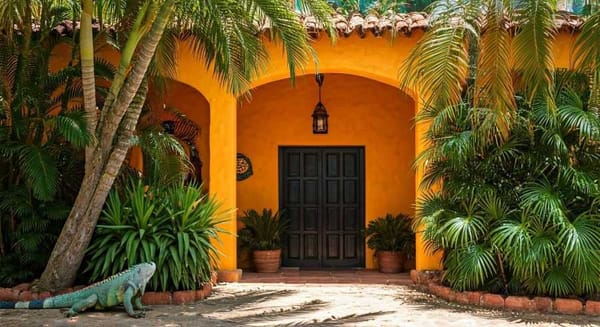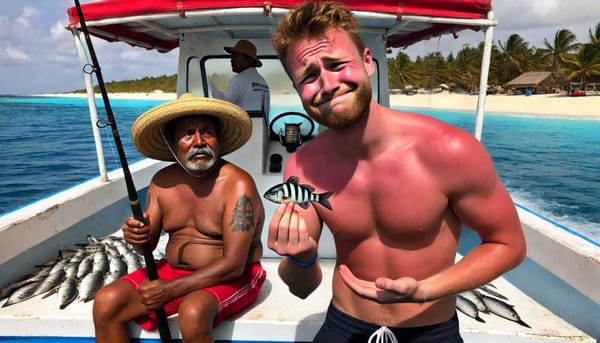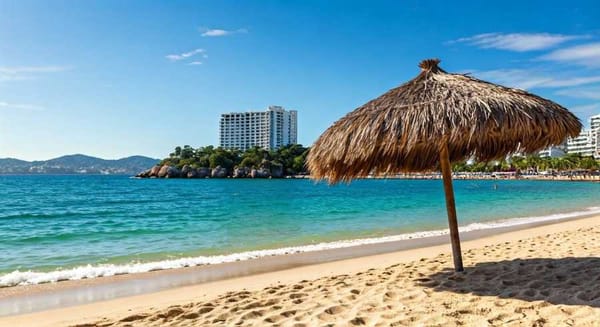Baja California, the main producer of bivalve mollusks in Mexico
Baja California is the main producer of bivalve mollusks in Mexico, mainly of the generous clam.

Baja California is the main producer of bivalve mollusks in Mexico, mainly of the generous clam (Panopea globosa), since it concentrates 81 percent of its catch, which generates an economic income of more than 82 million dollars, so it is very important to take care of the resource and ensure its quality, health, and safety.
To achieve this objective, a team of specialists from the State Commission for Protection against Sanitary Risks (Coepris) permanently verifies that these mollusks (oysters, clams, and mussels) do not accumulate biotoxins produced by the abnormal blooming of microalgae, commonly known as red tide. Every week laboratory tests are carried out on the organisms, seawater, and currents, to avoid a public health problem.
In the state, there are more than 21 clam production areas in the Upper Gulf of California, between San Felipe and Puertecitos, and in the Pacific coast, in El Rosario, San Quintin, and Ensenada. In case of detecting toxins above the norm, a sanitary alert is issued to stop the harvest, use, and sale of the bivalve mollusks, which can return to the market until they reach three consecutive weeks without contamination.
The last sanitary ban for bivalve mollusks was launched on June 22, 2021, in the harvesting area called Islas Coronado, located in the municipality of Tijuana. It is important to point out that when a sanitary alert is issued, it is only for the specific area where biotoxins are detected, so the rest of the more than 21 polygons can continue with their activities.
The generous or chiluda clam is one of the largest mollusks in the Pacific, reaching a length of 25 centimeters and a duct of up to one meter, with an average weight of 1.4 kilograms. According to the National Commission of Aquaculture and Fisheries (Conapesca), 95 percent of the generous clam is exported mainly to the markets of China, Korea, Hong Kong, Japan, and the United States.




